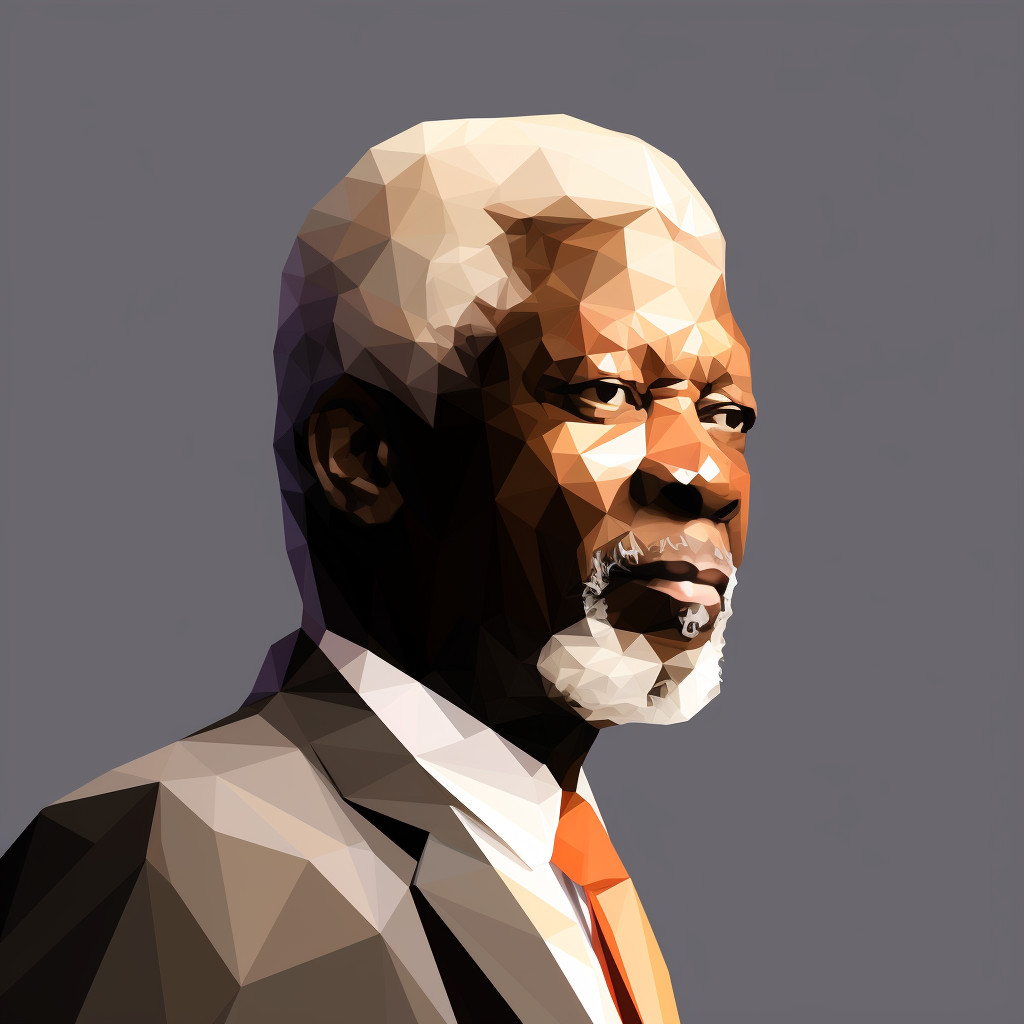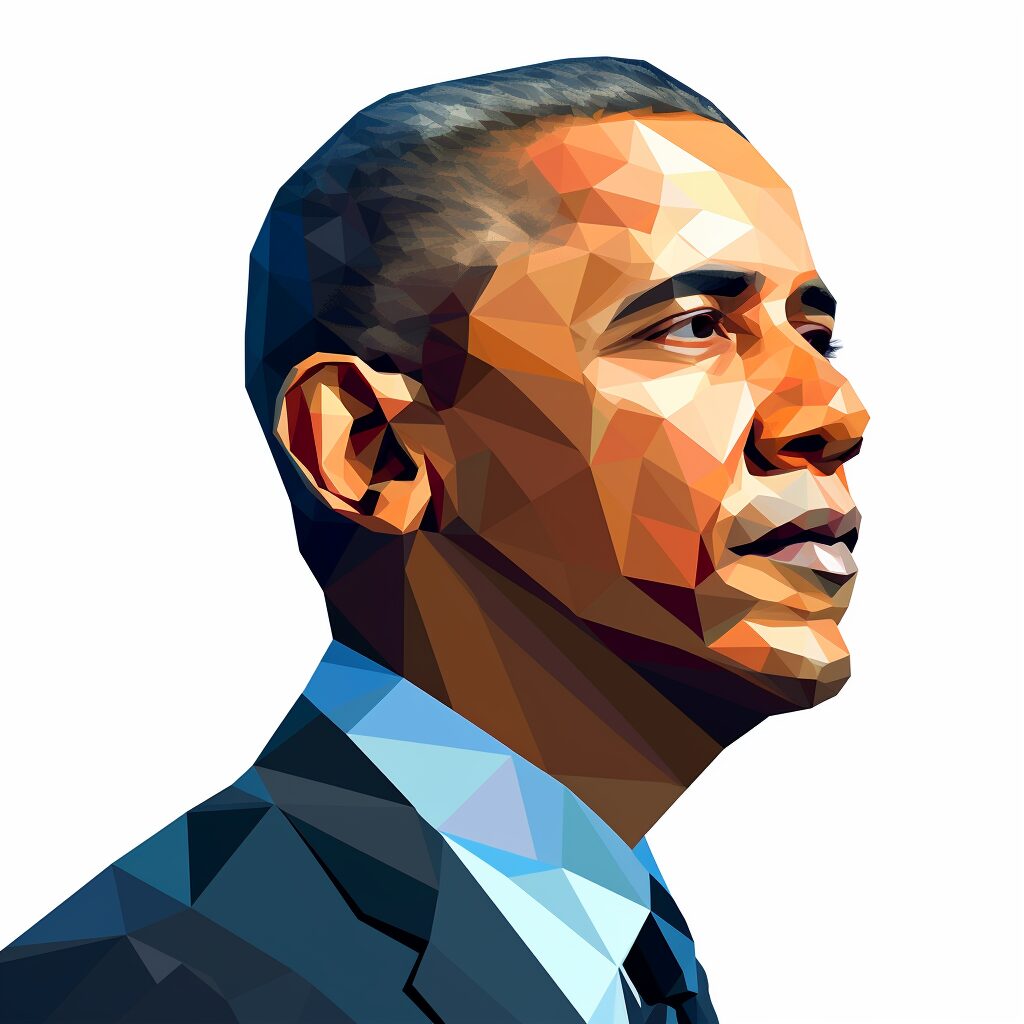'Literacy' Quotes
Literacy quotes hold immense significance as they highlight the power and importance of reading and writing. They have inspired individuals and societies throughout history, encouraging them to embrace the written word and its ability to educate, inform, and empower. From ancient philosophers like C…Read More
Literacy quotes hold immense significance as they highlight the power and importance of reading and writing. They have inspired individuals and societies throughout history, encouraging them to embrace the written word and its ability to educate, inform, and empower. From ancient philosophers like Confucius and Socrates to modern-day leaders like Malala Yousafzai, literacy quotes have influenced and shaped the minds of people across generations. These quotes have also played a crucial role in promoting literacy and education, especially in marginalized communities. They continue to resonate and motivate people, reminding them of the transformative power of literacy and the endless possibilities it offers.Read Less
Literacy quotes hold immense significance as they highlight the power and importance of reading and writing. They have inspired individuals and societies throughout history, encouraging them to embrace the written word and its ability to educate, inform, and empower. From ancient philosophers like Confucius and Socrates to modern-day leaders like Malala Yousafzai, literacy quotes have influenced and shaped the minds of people across generations. These quotes have also played a crucial role in promoting literacy and education, especially in marginalized communities. They continue to resonate and motivate people, reminding them of the transformative power of literacy and the endless possibilities it offers.
38 Notorious 'Literacy' Quotations and Sayings
Literacy – Symbolic Value
Literacy is more than just the ability to read and write. It holds a symbolic value that goes beyond the basic understanding of words and sentences. It is a powerful tool that can open doors to knowledge, opportunities, and empowerment.The concept of literacy has been around for centuries, and its symbolic value has evolved over time. In ancient civilizations, literacy was reserved for the elite and was seen as a mark of status and power. It was a privilege that only a few could attain, and it was often used to maintain social hierarchies.However, with the rise of education and the spread of literacy, its symbolic value has shifted. Today, literacy is seen as a fundamental human right and a key to social and economic development. It is no longer a privilege but a necessity for individuals to thrive in society.
Literacy – Cultural and Historical Significance
Literacy has played a significant role in shaping cultures and societies throughout history. In ancient civilizations, such as Egypt and Mesopotamia, writing was used to record important events, laws, and religious beliefs. It was a way to preserve and pass down knowledge from one generation to the next.In the Middle Ages, literacy was closely tied to religion. The ability to read and write was essential for religious leaders to interpret and spread religious texts. It also allowed for the translation of religious texts into different languages, leading to the spread of Christianity and Islam.During the Renaissance, literacy became a symbol of intellectualism and was highly valued in the arts and literature. It was during this time that the printing press was invented, making books more accessible to the general public and contributing to the spread of literacy.
Literacy – Common Themes in Motivational Contexts
The concept of literacy is often used in motivational contexts, emphasizing its importance in personal and professional development. Common themes in these contexts include the idea that literacy is a key to success, a tool for self-expression, and a means of empowerment.Literacy is often seen as a stepping stone to success, as it opens up opportunities for education, employment, and social mobility. It is also a tool for self-expression, allowing individuals to communicate their thoughts and ideas effectively. In this way, literacy can be a form of empowerment, giving individuals a voice and the ability to advocate for themselves and others.
Literacy – Portrayal in Art and Media
The symbolic value of literacy is also reflected in art and media. Throughout history, literacy has been portrayed as a mark of intelligence, sophistication, and power. In paintings and sculptures, figures are often depicted reading or writing, symbolizing their high social status.In modern media, literacy is often portrayed as a means of escape or transformation. In books and movies, characters who are illiterate or have limited literacy skills often overcome their struggles and achieve success through education and literacy.
Literacy – Impact on Understanding of Life and Society
Literacy has a profound impact on our understanding of life and society. It allows us to access information, think critically, and form our own opinions. It also enables us to participate in civic and political processes, making informed decisions that shape our communities and societies.Moreover, literacy is closely linked to other important skills, such as numeracy and digital literacy. These skills are essential for navigating the modern world and are crucial for personal and professional success.In conclusion, the concept of literacy holds a powerful symbolic value that has evolved over time. It has played a significant role in shaping cultures and societies, and its importance in personal and professional development cannot be overstated. As we continue to advance in the digital age, literacy remains a fundamental human right and a key to unlocking opportunities and empowerment.












